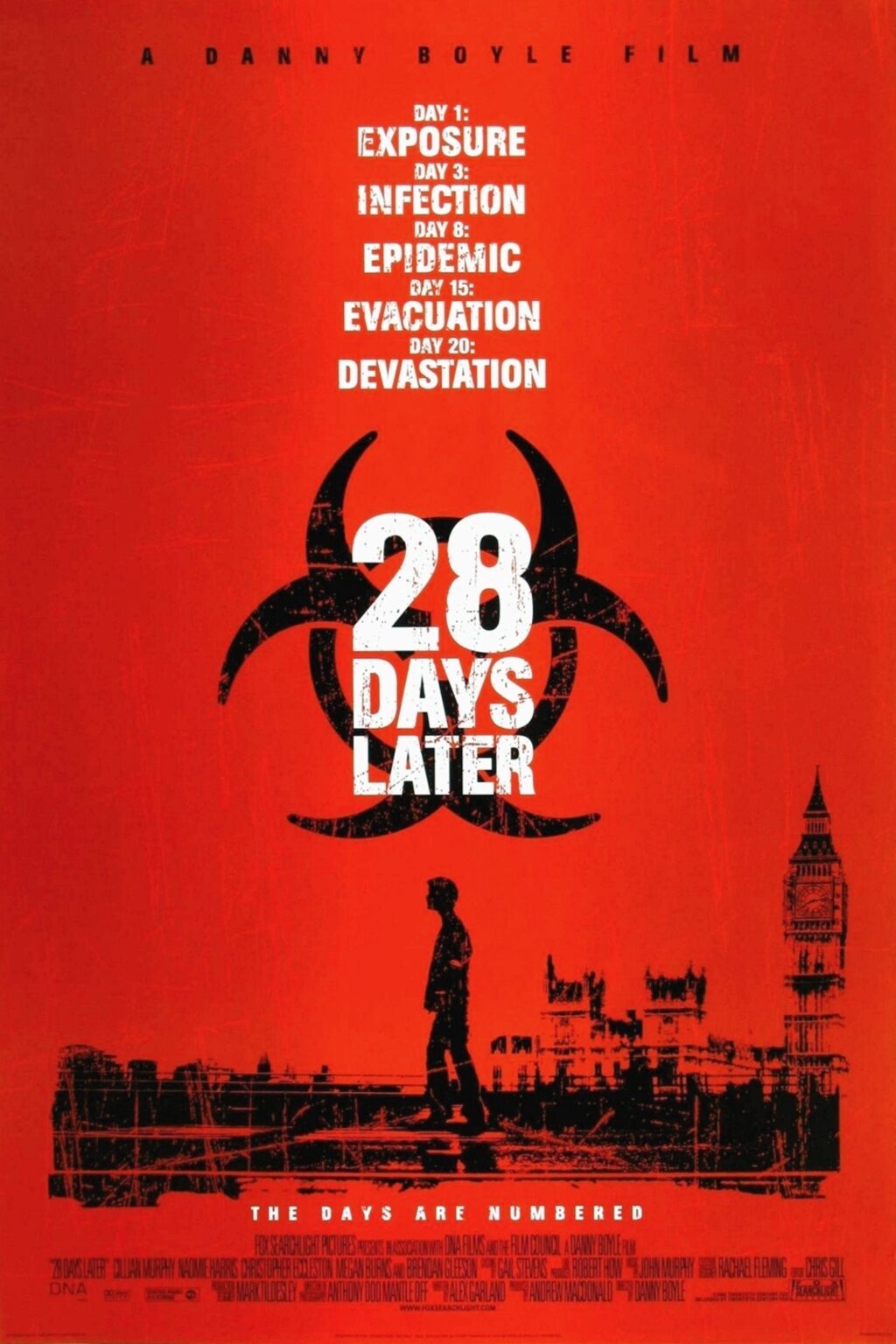
Introduction: The Relevance of 28 Days Later
Released in 2002, 28 Days Later, directed by Danny Boyle, is more than just a horror film; it transformed the zombie genre and impacted contemporary cinema. The film’s unique take on the apocalypse opened discussions about survival, humanity, and societal breakdown, making it a significant cultural artifact that continues to resonate with audiences around the globe.
The Premise and Cinematic Techniques
Set in post-apocalyptic London, 28 Days Later introduces viewers to Jim, played by Cillian Murphy, who awakens from a coma to find the city overrun by infected individuals. Instead of the traditional undead, the film features fast-moving ‘Infected,’ which added a new layer of terror. Notably, Boyle employed handheld camera techniques and stark cinematography, lending a sense of realism that intensified the film’s emotional impact.
Critics and Audience Reception
The film received widespread acclaim from both critics and audiences alike. Its Rotten Tomatoes score of 87% reflects the positive reception, praising its thrilling narrative and the performances of the cast. 28 Days Later also sparked interest in the genre, leading to a resurgence of zombie-themed media, impacting films, television series, and video games in subsequent years. It engaged viewers not only with suspense but also with broader themes of social structure disintegration, public health crises, and moral ambiguity during catastrophic events.
Legacy and Influence on Future Works
The lasting influence of 28 Days Later can be seen in numerous films and series that followed, including The Walking Dead and World War Z. Its blend of horror and social commentary has inspired filmmakers to explore more profound themes within the genre. The film also posed questions about what it means to be human in the face of disaster, a theme that remains relevant today, particularly in the context of global challenges like pandemics.
Conclusion: Significance for Today’s Viewers
As we navigate an increasingly complex world, the themes presented in 28 Days Later continue to hold significance. The film not only entertains but also prompts viewers to reflect on societal values and individual responsibility in times of crisis. Its combination of horror and poignant commentary ensures its place in film history as a defining moment for the zombie genre and a cultural touchstone for discussions about human nature in the face of adversity.



